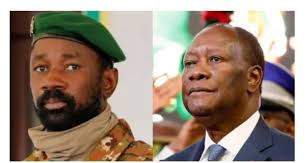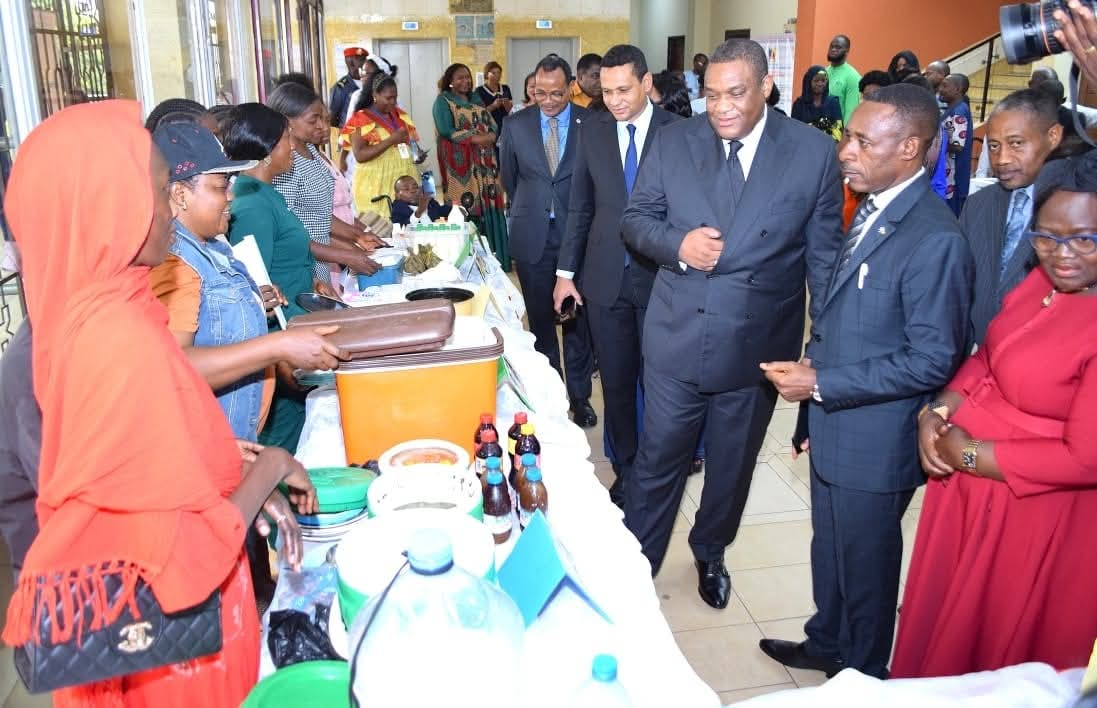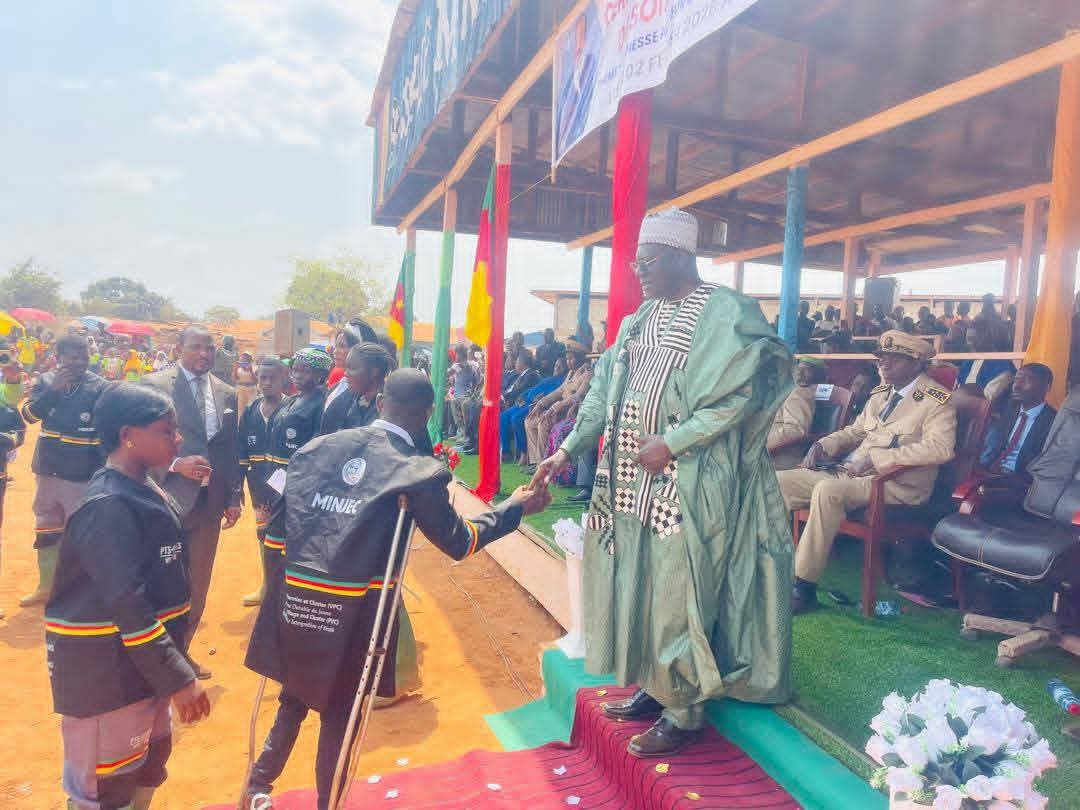Relations between Bamako and Abidjan had hit rock bottom thanks to a row over the detention of 46 Ivorian soldiers detained in Mali since July last year.The soldiers who Abidjan says were part of a MINUSMA peacekeeping mission in Mali have since been released by the junta in Bamako who accused them of being mercenaries and saboteurs of its state security.
During almost six months in detention, they were charged with jeopardizing state security in Mali and recently handed 20-year prison sentences.
But their clemency by the Malian junta and their subsequent release on Friday turned out to be a formality which suited both parties to the row and allowed the military strongmen in Bamako to save face, some analysts say.
The junta had been under pressure from Ecowas to free the detainees as Abidjan looked increasingly to the regional grouping to intervene on its behalf.
Togolese president Faure Gnassingbe at the behest of Ecowas led the mediation effort, extracting some kind of commitment from Bamako for the detainees’ subsequent release.
With the soldiers now released, what should be expected of relations between the two neighbours which for months had traded criticism of each other although this was always underlined by a mutual pledge to stick to diplomacy to resolve the crisis which many had feared could have been blown out of manageable proportions.
Ivory Coast had been a leading critic of the 2020 coup which toppled civilian president Ibrahim Boubabar Keita and ushered in the current junta led by Assimi Goita.
It was clear from the start that Goita was going to win no favours from Abidjan where President Alassane Ouattara had championed calls for the military regime in Bamako to be sanctioned and pressured to hand over to civilians and return to barracks.
Fast forward to July 2022 – many saw the arrest of Ivorian soldiers who had flown to Bamako to join the MINUSMA peacekeeping contingent as a grudge game played by the Goita regime to get even with Mr Ouattara who has not disguised his contempt for military insurrections across West Africa.
Three of these military juntas are next door to Ivory Coast namely Guinea, Burkina Faso and Mali, sending shudders in Abidjan, where the same experience in the lead up to Ouattara’s ascendancy to the Ivorian presidency in 2010 is still fresh in the minds of many.
While vowing to pursue a diplomatic path to an amicable resolution of the crisis, Bamako’s rhetoric over the issue had always been linked to its right to defend its sovereignty and territorial integrity in the face of alleged provocateurs who had entered the country under the guise of peacekeepers.
Despite feelings of frustration in Abidjan, President Ouattara too had been keen to harp on about a diplomatic solution, insisting that whatever the fate of the detained soldiers, there was always a good chance of peaceful dialogue settling the issue without sounding the drumbeat of war with its neighbour to the north.
President Ouattara had stuck to this diplomatic tone once the soldiers began breathing the cool air of Abidjan where he was present to receive them in an emotional reunion with their relieved families at the airport.
For the Ivorian leader, the crisis should be consigned to history by the two ”brotherly countries” which should turn over a new leaf of diplomacy.
”Now this crisis is behind us and we should resume normal relations with the brother country of Mali, which needs us and which we also need”.
Ouattara’s conciliatory words were reciprocated by the junta in Bamako whose officials thanked Ivory Coast for contributing to resolving the crisis amicably as neighbours.
While Bamako and Abidjan are sounding the right notes expected of neighbours, what remains to be seen is whether an end to this crisis will also see the beginning of the end of Mali’s regional and international isolation.
Mali’s relations with its traditional partners, most notably France and Ecowas, the regional grouping to which it belongs have dimmed since the junta came to power.
This situation has been compounded with the junta’s growing ties with Russia and its Wagner, a mercenary group, reportedly contracted to help deal with jihadists who have been infesting the vast country since 2012.




